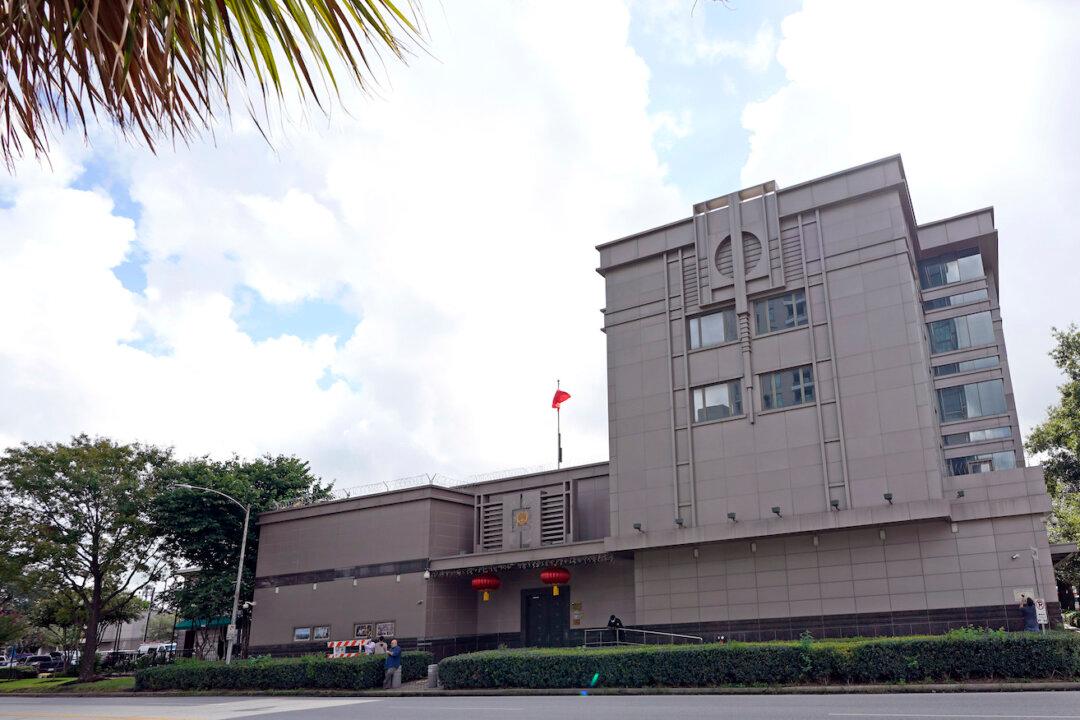U.S. federal agents and local law enforcement entered and took over the Chinese consulate in Houston, Texas, on Friday, following a deadline issued by the Trump administration to close the facility.
The eviction comes as U.S. government officials told reporters that the decision to order the closure of the Houston diplomatic facility was “not random.”




